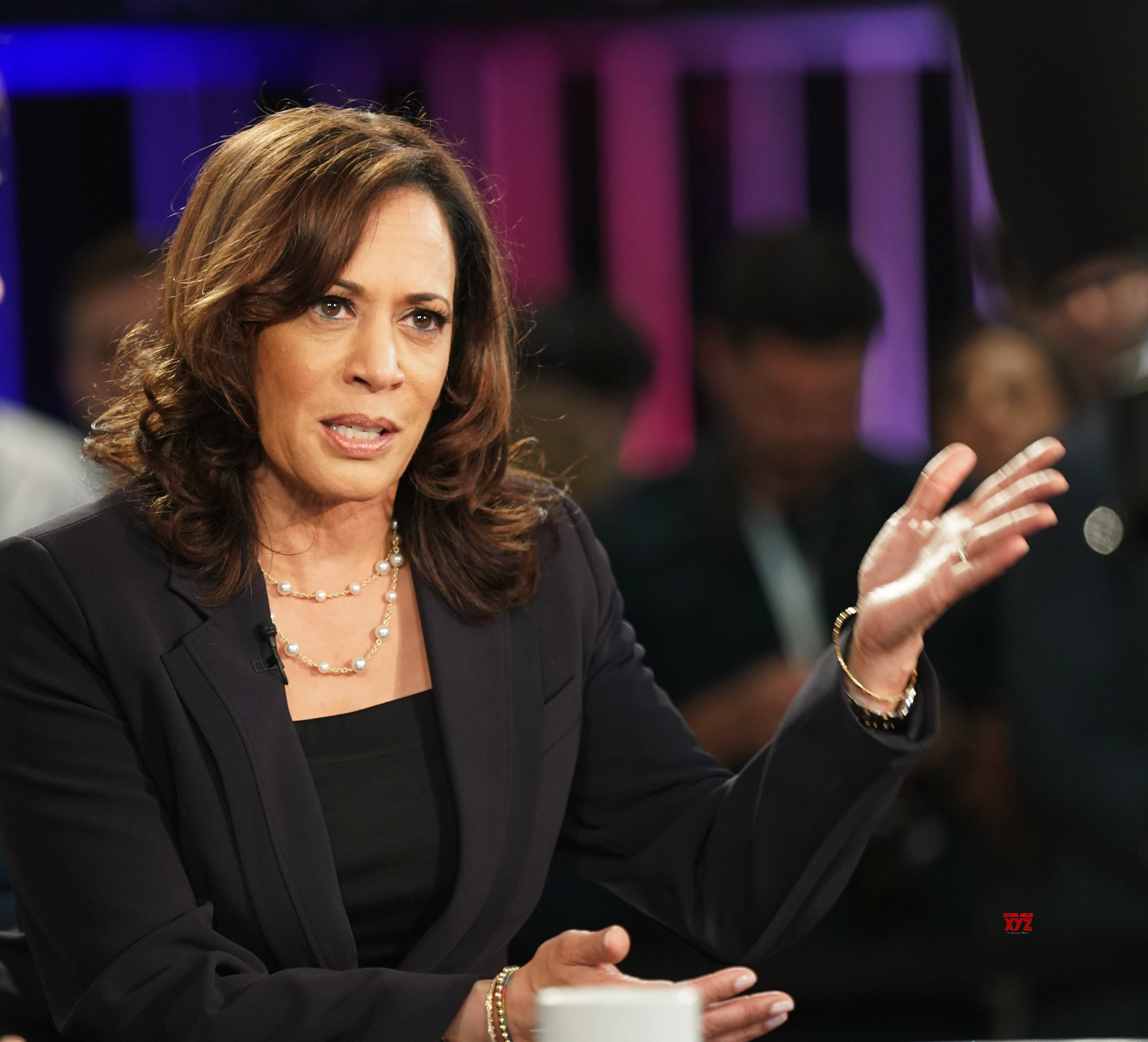 WASHINGTON: US today exempted some countries, including India and China, from the tough Iranian sanctions act as they continue to reduce their dependence on Iranian oil.
WASHINGTON: US today exempted some countries, including India and China, from the tough Iranian sanctions act as they continue to reduce their dependence on Iranian oil.
“I am pleased to announce that, based on additional significant reductions in the volume of their purchases of Iranian crude oil, China, India, the Republic of Korea, Turkey, and Taiwan have again qualified for an exception to sanctions…(under) the National Defense Authorization Act (NDAA) for Fiscal Year 2012,” Secretary of State John Kerry said in a statement.
These additional reductions were determined based on an analysis of these economies’ purchasing activity over the previous six months, Kerry said.
Additionally, Malaysia, South Africa, Singapore and Sri Lanka have also qualified again for the NDAA exception because they no longer purchase crude oil from Iran, he said.
Kerry’s exemption in this regard came soon after the determination made by US President Barack Obama that there is sufficient supply of non-Iranian oil for countries to continue to reduce import of oil from Iran.
“There currently appears to be sufficient supply of non-Iranian oil to permit foreign countries to reduce significantly their purchases of Iranian oil, taking into account current estimates of demand, increased production by countries other than Iran, inventories of crude oil and petroleum products, and available spare production capacity,” White House Press Secretary Jay Carney said.
“In this context, it is notable that many purchasers of Iranian crude oil continue to reduce, or have ceased altogether, their purchases from Iran,” he said in a statement after Obama made the determination required under the National Defense Authorization Act for Fiscal Year 2012 regarding the supply of petroleum and petroleum products from countries other than Iran.
“International oil supply disruptions grew but were largely offset by rising oil production from other countries, particularly from the United States and Saudi Arabia,” Carney said.
“While increased Saudi output reduced spare crude production capacity, stable inventory levels and stable oil prices compared with the period a year ago indicate a well-supplied international crude market,” he said.
Kerry said as Obama has made clear, the US will continue to vigorously implement our existing sanctions on Iran as the P5+1 seeks to negotiate a comprehensive deal with Iran that will resolve the international community’s concerns regarding Iran’s nuclear program.
In his statement, Kerry said he would report to the US Congress that exceptions to sanctions for certain transactions will apply to the financial institutions based in these countries for a potentially renewable period of 180 days.
This is the fourth time that these nine economies have qualified for an NDAA exception as a result of their continued significant reductions in the volume of crude oil purchases from Iran or their end to such purchases.
“The effectiveness of the international sanctions regime has proven essential in bringing Iran to the table to negotiate and agree to the Joint Action Plan that, for the first time in nearly a decade, halts the progress of the Iranian nuclear program and rolls it back in key areas, he said.
“As part of the Joint Action Plan agreed to by the P5+1 and Iran, we will pause for six months our efforts to further reduce Iran’s crude oil sales. However, the Joint Action Plan does not offer relief from sanctions with respect to any increases in Iranian crude oil purchases by existing customers or any purchases by new customers,” Kerry said.
The US will continue to aggressively enforce sanctions over the next six months, as they work to determine whether there is a comprehensive solution that gives them confidence that the Iranian nuclear program is for exclusively peaceful purposes.–PTI






